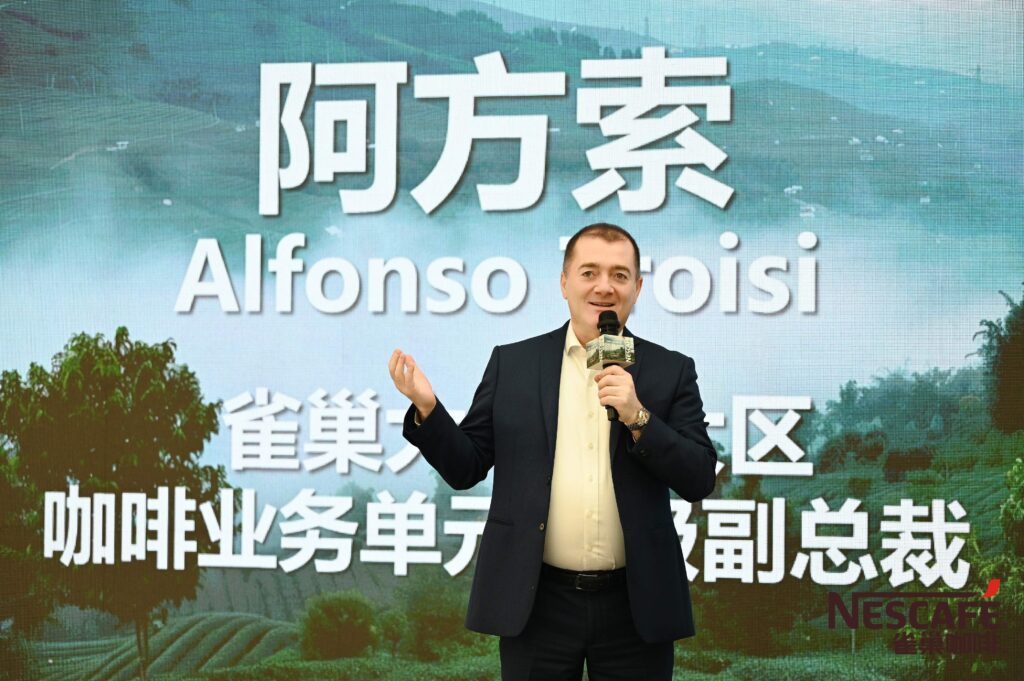Chinese authorities have instructed Tibetan students, government workers and retirees to refrain from engaging in religious activities in Tibet’s capital Lhasa during the Buddhist holy month of Saga Dawa, four sources said.
The Saga Dawa festival occurs during the fourth month of the Tibetan lunar calendar and runs from May 9 to June 6 this year.
For Tibetan Buddhists, it marks the period of Buddha’s birth, enlightenment and parinirvana — the state entered after death by someone who has attained nirvana during their lifetime.
During the holy month, thousands of religious pilgrims visit temples and walk sacred kora routes around Lingkhor and Barkhor streets in Lhasa, encircling the revered Jokhang Temple.
The ritual kora — making a circumambulation around sacred sites or objects as part of a pilgrimage — holds immense significance for Tibetan Buddhists who believe that virtuous deeds performed during Saga Dawa are magnified based on their location.
A video obtained by Radio Free Asia showed heavy police presence surrounding the Barkhor area — the heart of the capital with its famed pilgrimage circuit — on May 22, the eve of the 15th day of the fourth month of the Tibetan Lunar calendar, considered one of the holiest days during Saga Dawa.
Since the start of Saga Dawa, Chinese police have tightened security around key religious sites, including Potala Palace, Jokhang Temple, and the Barkhor area, the sources told RFA.
The measures illustrate the deterioration of religious freedom in Tibet under the Chinese government’s suppression and Sinicization of Tibetan Buddhism — a policy that seeks to bring the religion under the control of the Chinese Communist Party.
Police everywhere
While devotees were seen on pilgrimage on the other days of Saga Dawa, the 15th day on May 23 saw heightened restrictions, with police stationed along the pathways leading to the Sera, Gandhen and Drepung monasteries, said the sources who declined to be named out of fear of retribution by authorities.
“There isn’t any place where you don’t see police and interrogation stations,” one of the sources told RFA.

The Chinese government has increased the number of police checkpoints in and around Lhasa, and authorities have been interrogating Tibetans spontaneously, the person said.
Individuals who do not have a shenfenzhang, or Chinese resident identity card, are prohibited from visiting temples, leading to the heightened restrictions now in effect, said a second source.
“During our visits to circumambulate the holy sites, Chinese police regularly inspect everyone’s identity cards and engage in arguments,” said a third source.
“Having to engage in disputes with the Chinese police takes an emotional toll on us, and this is one of the reasons why many are afraid of engaging in religious activities as often as they’d like,” he said.

Facial recognition technology is pervasive at key pilgrimage sites and authorities regularly frisk Tibetans making pilgrimages, said a fourth source.
Flag-raising festival
Additionally, during the Ngari Flag Raising Festival in Purang county, called Pulan in Chinese, of Ngari Prefecture in the Tibetan Autonomous Region, Chinese authorities increased security as people gathered on May 23 for the annual ceremony, and banned the use of drones during the event, according to the sources.
The annual tradition of hoisting a large central prayer flag pole in front of Mount Kailash in Tibet began in 1681 during the time of the 5th Dalai Lama.

In a government notice dated May 16, the Pulan County Public Security Bureau in Talqin said the use of drones and other aircraft during the Saga Dawa flag raising festival was prohibited and that violators would be punished.
Tibetans who attended the event were subjected to extensive questioning and coerced into agreeing to uphold social order and refraining from causing discord, said one of the sources.
Police instructed people not to share photos or videos of the festival on social media, he said.
Translated by Tenzin Dickyi for RFA Tibetan. Edited by Tenzin Pema for RFA Tibetan and by Roseanne Gerin and Malcolm Foster.
This content originally appeared on Radio Free Asia and was authored by By Pelbar and Sonam Lhamo for RFA Tibetan.
This post was originally published on Radio Free.




















